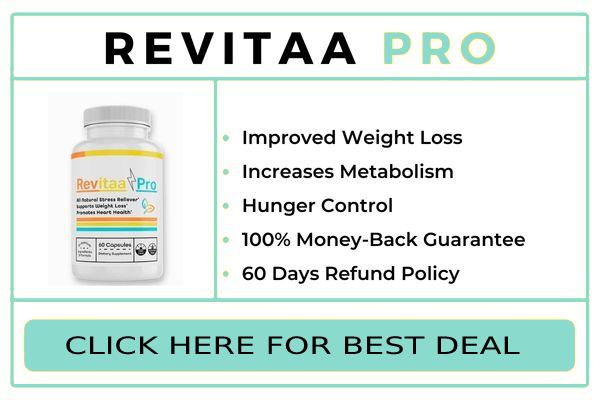Understanding the Relationship and How to Make Positive Changes
Inflammation is a natural process that occurs in the body as a response to injury or infection. However, chronic inflammation can lead to a host of health issues, including cardiovascular disease, diabetes, and arthritis. Diet plays a significant role in promoting or reducing inflammation. In this article, we will explore the relationship between diet and inflammation, and provide actionable tips for making positive changes to promote overall health and well-being.
Understanding Inflammation
Inflammation is a complex biological process that occurs when the immune system is activated to fight off harmful pathogens. The process involves the release of various chemicals, such as cytokines and prostaglandins, which promote blood flow and white blood cell recruitment to the site of injury or infection. While acute inflammation is necessary for healing, chronic inflammation can lead to tissue damage and various diseases.
The Role of Diet in Inflammation
Diet plays a critical role in inflammation, as certain foods can either promote or reduce inflammation in the body. Some foods that promote inflammation include:
- Processed and packaged foods
- Fried and fast foods
- Sugary beverages
- Red meat
- Dairy products
- Refined carbohydrates
On the other hand, some foods that can help reduce inflammation include:
- Fruits and vegetables
- Whole grains
- Nuts and seeds
- Fatty fish
- Olive oil
- Spices such as turmeric and ginger
Making Positive Changes to Your Diet
Making positive changes to your diet can help reduce inflammation and promote overall health and well-being. Here are some tips for incorporating anti-inflammatory foods into your diet:
Eat a variety of fruits and vegetables
Fruits and vegetables are rich in antioxidants and other anti-inflammatory compounds. Aim to eat a variety of colors and types to get a broad range of nutrients.
Choose whole grains
Whole grains, such as brown rice and quinoa, contain more fiber and nutrients than refined grains. They can also help reduce inflammation in the body.
Incorporate healthy fats
Healthy fats, such as those found in nuts, seeds, and fatty fish like salmon, can help reduce inflammation in the body.
Limit processed and packaged foods
Processed and packaged foods often contain high amounts of refined carbohydrates and unhealthy fats, which can promote inflammation in the body.
Spice it up
Adding spices such as turmeric and ginger to your meals can help reduce inflammation in the body.
Conclusion
Diet plays a significant role in inflammation, and making positive changes to your diet can help reduce chronic inflammation and promote overall health and well-being. Incorporating a variety of fruits and vegetables, choosing whole grains, incorporating healthy fats, limiting processed and packaged foods, and adding spices to your meals are all great ways to promote an anti-inflammatory diet.
FAQs
What are some other foods that can help reduce inflammation?
Some other foods that can help reduce inflammation include green tea, dark chocolate, and fermented foods like yogurt and kefir.
How long does it take to see results from an anti-inflammatory diet?
Results may vary, but some people may see results in as little as a few weeks to a few months.
Can an anti-inflammatory diet help with weight loss?
Yes, an anti-inflammatory diet can help with weight loss, as many of the foods that promote inflammation are also high in calories and unhealthy fats.
Are there any risks to an anti-inflammatory diet?
An anti-inflammatory diet is generally considered safe for most people, but it is always important to consult with a healthcare provider before making significant changes to your diet.
Can supplements help reduce inflammation?
Some supplements, such as omega-3 fatty acids, turmeric, and ginger, have been shown to have anti-inflammatory properties. However, it is important to consult with a healthcare provider before taking any supplements to ensure they are safe and effective for you.
Overall, an anti-inflammatory diet is an important aspect of promoting overall health and reducing the risk of chronic diseases. By incorporating a variety of fruits and vegetables, choosing whole grains, incorporating healthy fats, limiting processed and packaged foods, and adding spices to your meals, you can make positive changes to your diet to reduce inflammation and improve your overall health and well-being.
DISCLAIMER:
This information is not presented by a medical practitioner and is for educational and informational purposes only. The content is not intended to be a substitute for professional medical advice, diagnosis, or treatment. Always seek the advice of your physician or other qualified healthcare providers with any questions you may have regarding a medical condition. Never disregard professional medical advice or delay in seeking it because of something you have read.
Since natural and/or dietary supplements are not FDA-approved they must be accompanied by a two-part disclaimer on the product label: that the statement has not been evaluated by FDA and that the product is not intended to “diagnose, treat, cure or prevent any disease.”





